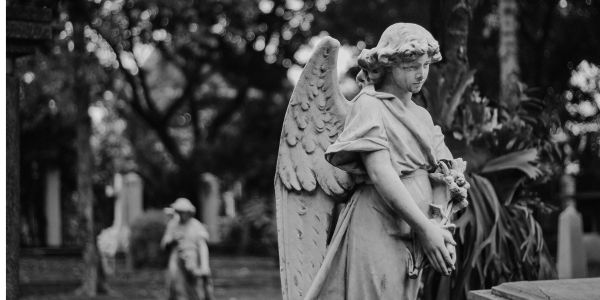Penelope Lively, a brilliant novelist and short story writer, has, in her memoir Dancing Fish and Ammonites, called memory itself “the vapour trail without which we are undone,” a metaphor that cleverly summarizes both its unexpected appearance and its transient existence. She continues, “If you have no sense of the past, no access to the historical narrative, you are afloat, untethered; you cannot see yourself as a part of the narrative, you cannot place yourself within a context. You will not have an understanding of time”, and will also lack “a respect for memory and its subtle victory over the remorselessness of time.”
What follows is a partial list of common sayings from the hoard of folk wisdom in English that has survived the test of time. None of it, of course, is original. In fact, my parents, proud descendants of East Anglian country folk and both scholarship winners from humble backgrounds, instilled these by mere repetition in my two brothers and me. Many of them reflect the preoccupations of the agrarian rural society where they originated, that valued frugality, thrift, caution, patience, kindness, charity, restraint, and perseverance. These aphorisms, and the wisdom they convey to a materialistic and hedonistic culture, are, Heaven be praised, still with us, still valued by those of us with memories enriched by their frequent recitation, and by those who revere the paths our ancestors trod.
“Beauty is in the eye of the beholder”
“Waste not, want not.”
“Take care of the pennies and the pounds will take care of themselves.”
“An ounce of prevention is worth a pound of cure”
“Cut your coat according to your cloth”
“Least said, soonest mended.”
“Count your blessings.”
“Take the rough with the smooth”
“A stitch in time saves nine”
“If at first you don’t succeed, try, try, and try again.”
“Nothing venture, nothing win.”
“Curiosity killed the cat.”
“Charity begins at home.” This last one is a rebuke to those who prioritize assistance to the poor and destitute they do not know, over help and support for their own families. In Charles Dickens’ novel Bleak House, Mrs. Jellyby actively supports, and crusades on their behalf for a tribe of natives whom she has never met and who live on the other side of the world, neglecting her care of her home, described as “untidy” and “dirty,” and ignores her own children, who are deprived of her love, as is her husband, who sits ignored, disconsolate and depressed, beside her as she writes regularly to her dependents far, far away. The folk wisdom that declares “the cobbler’s children are the most ill-shod” is a variant on this theme: this shoemaker similarly cares more for the feet of his customers than for those of his own children. Both the wife and the father are deficient in love, as was Hagar Currie herself.





